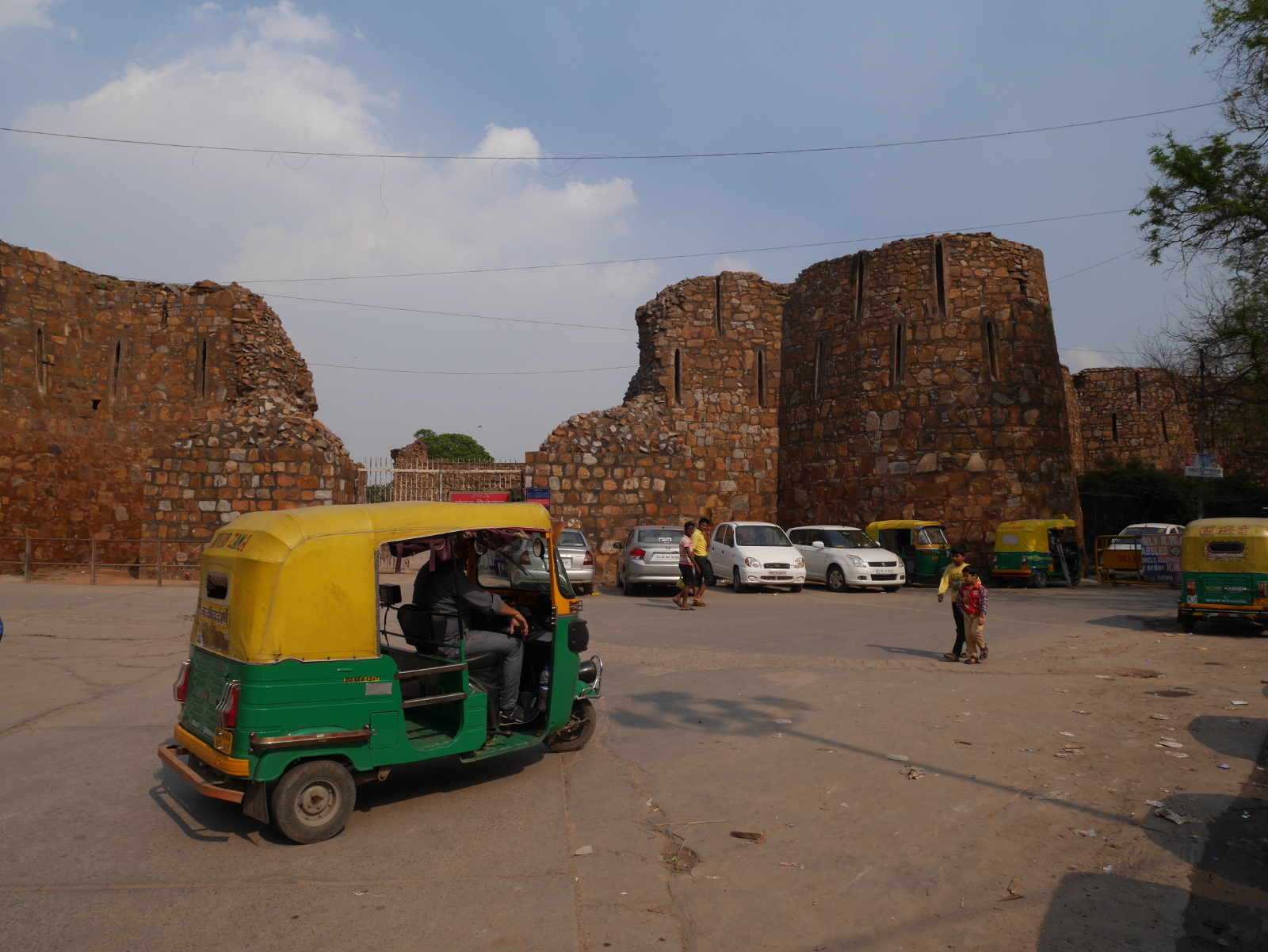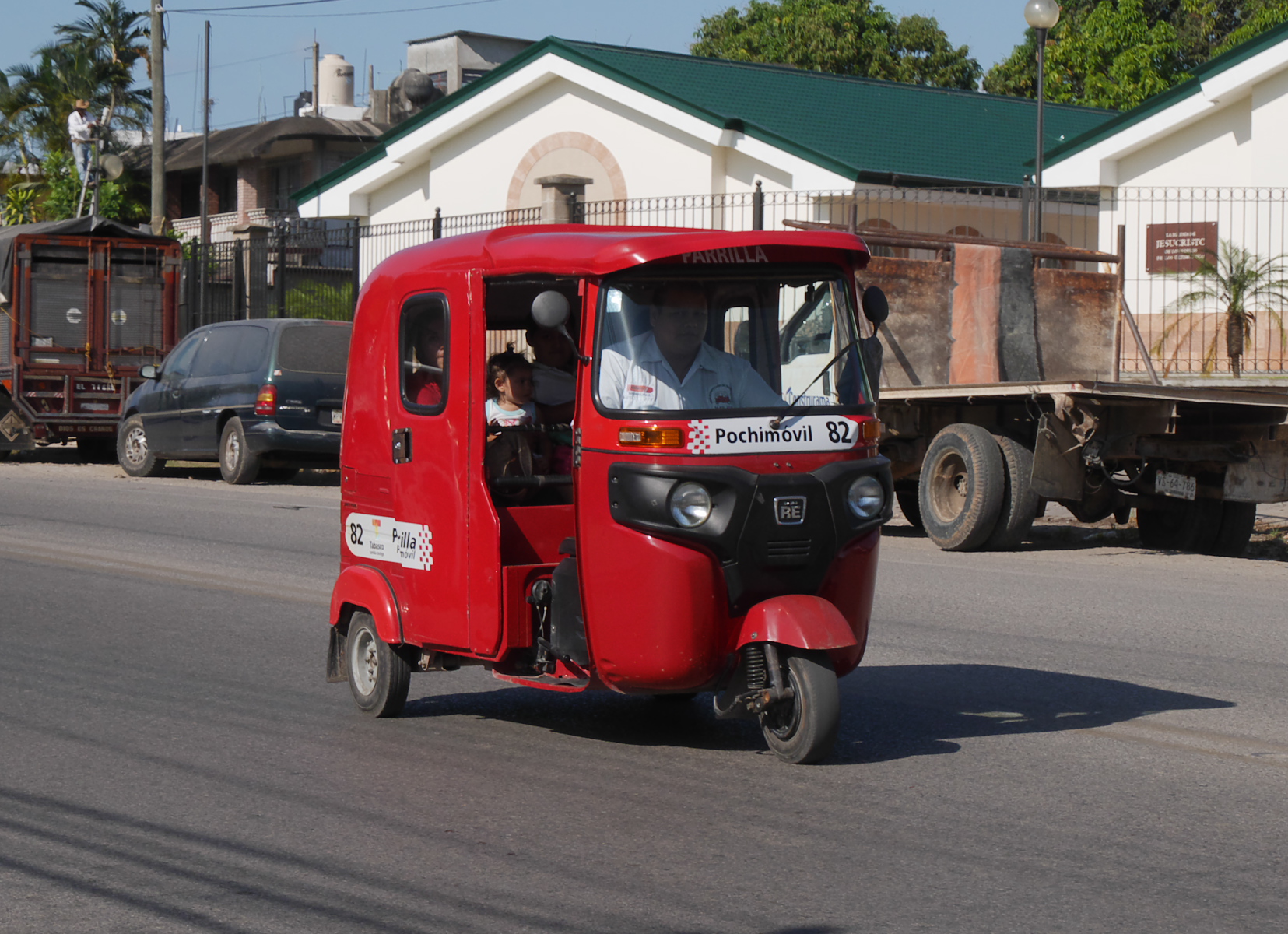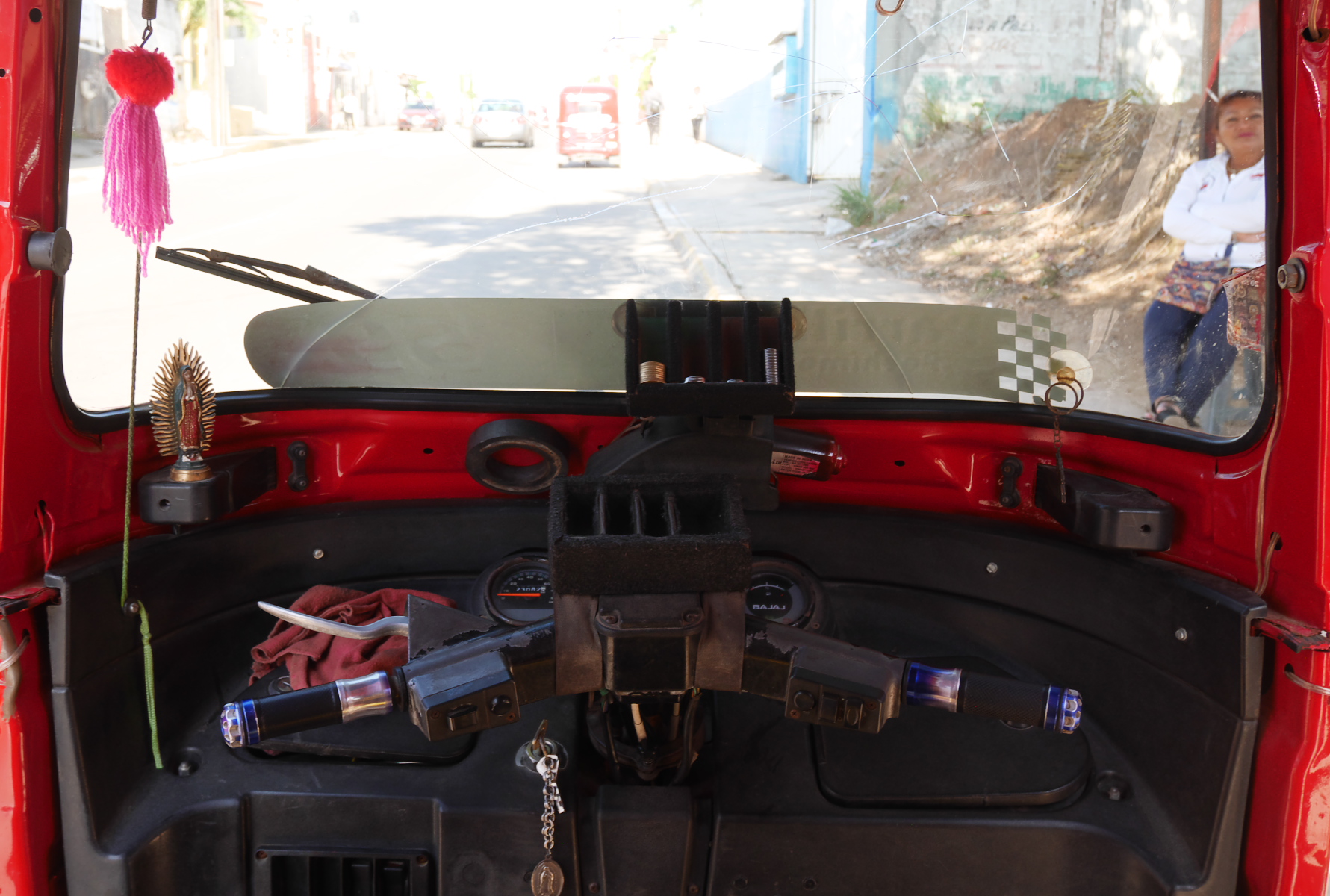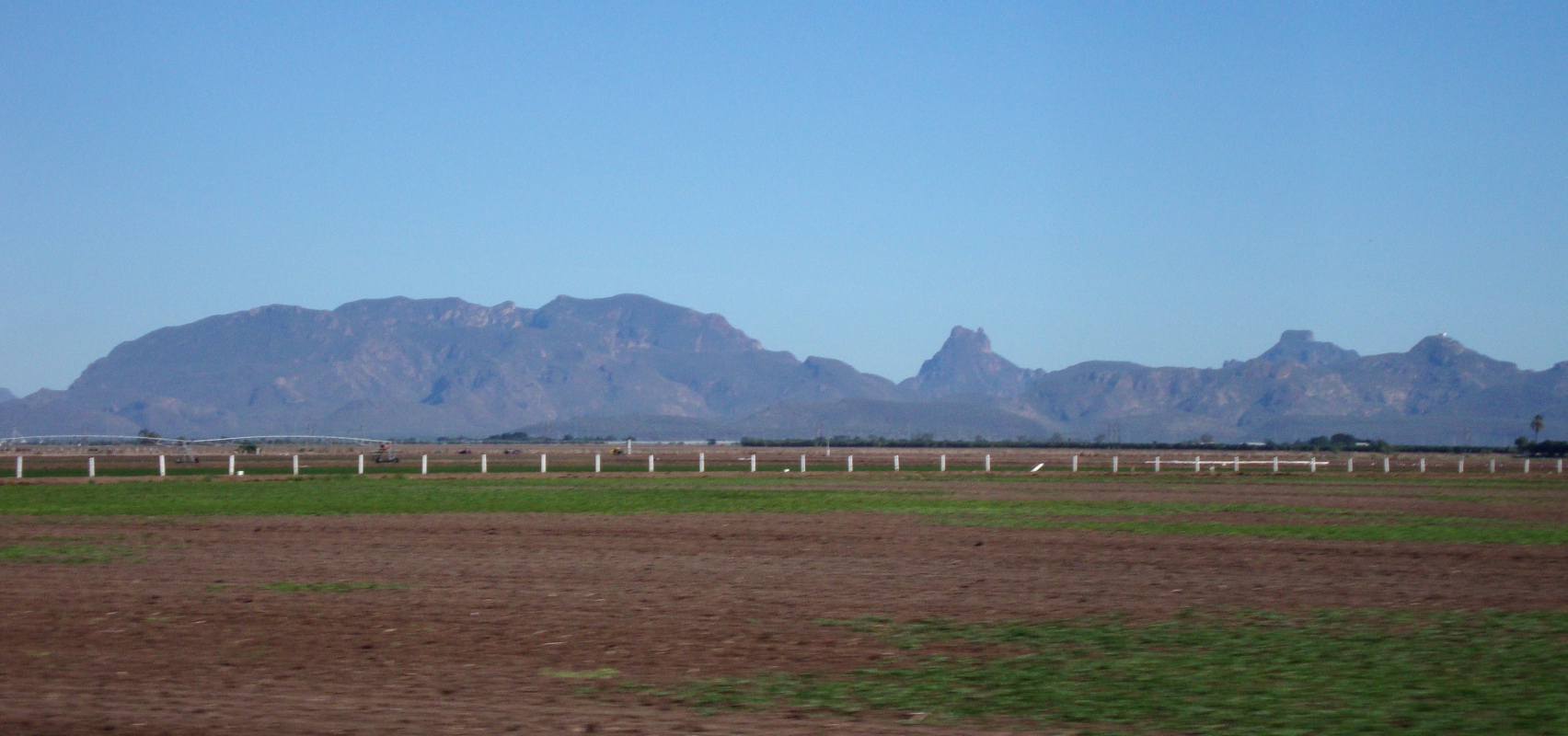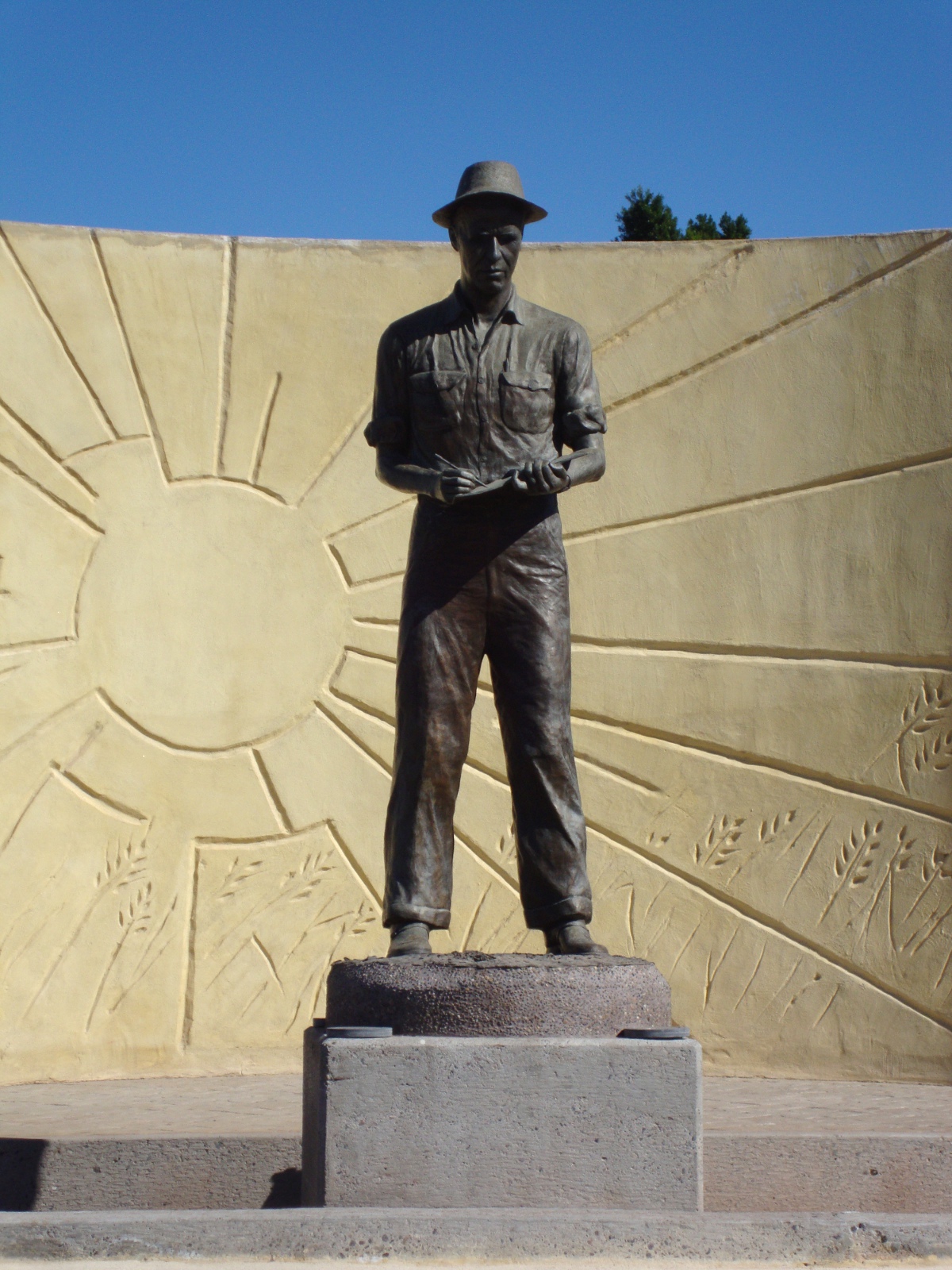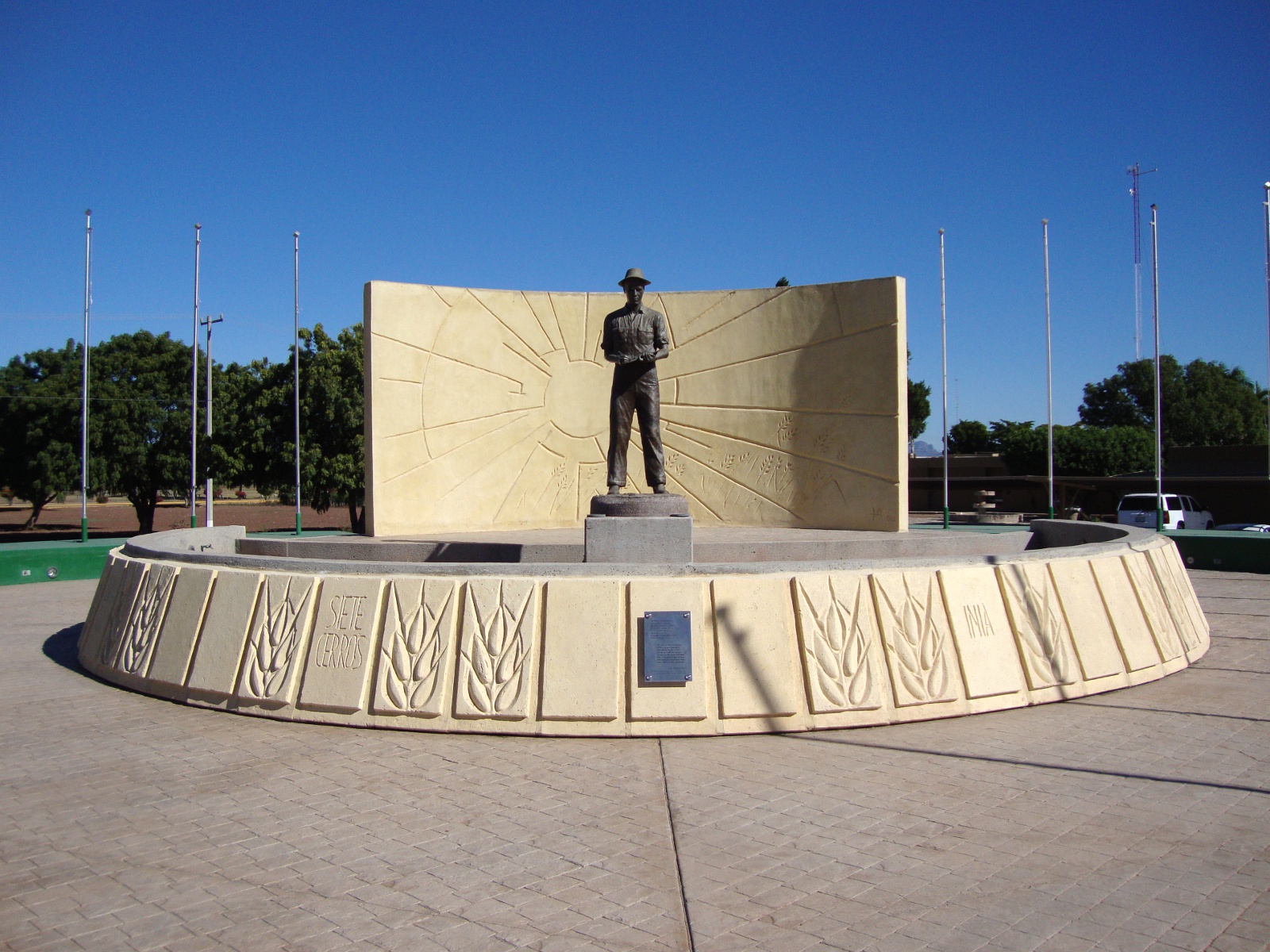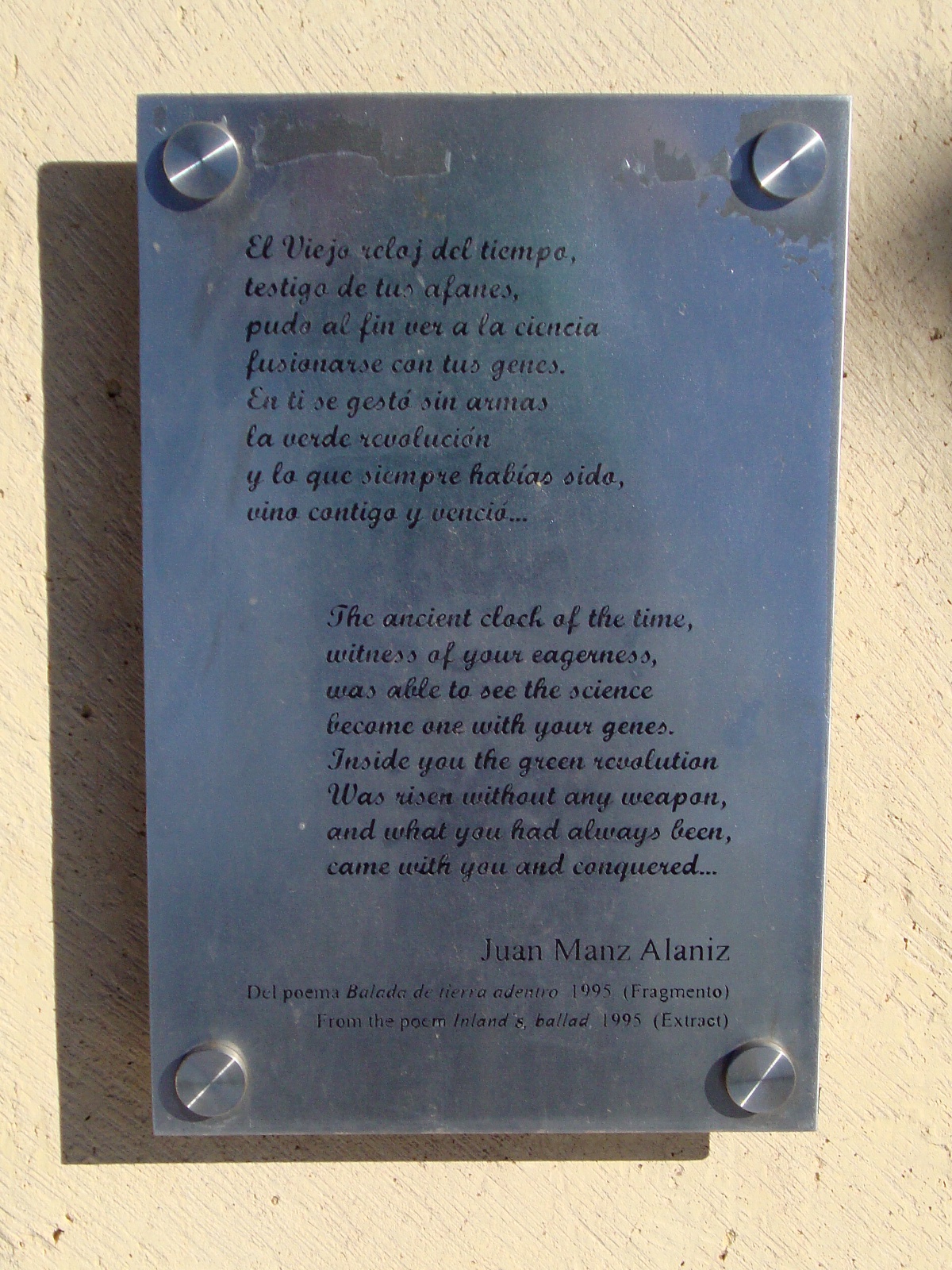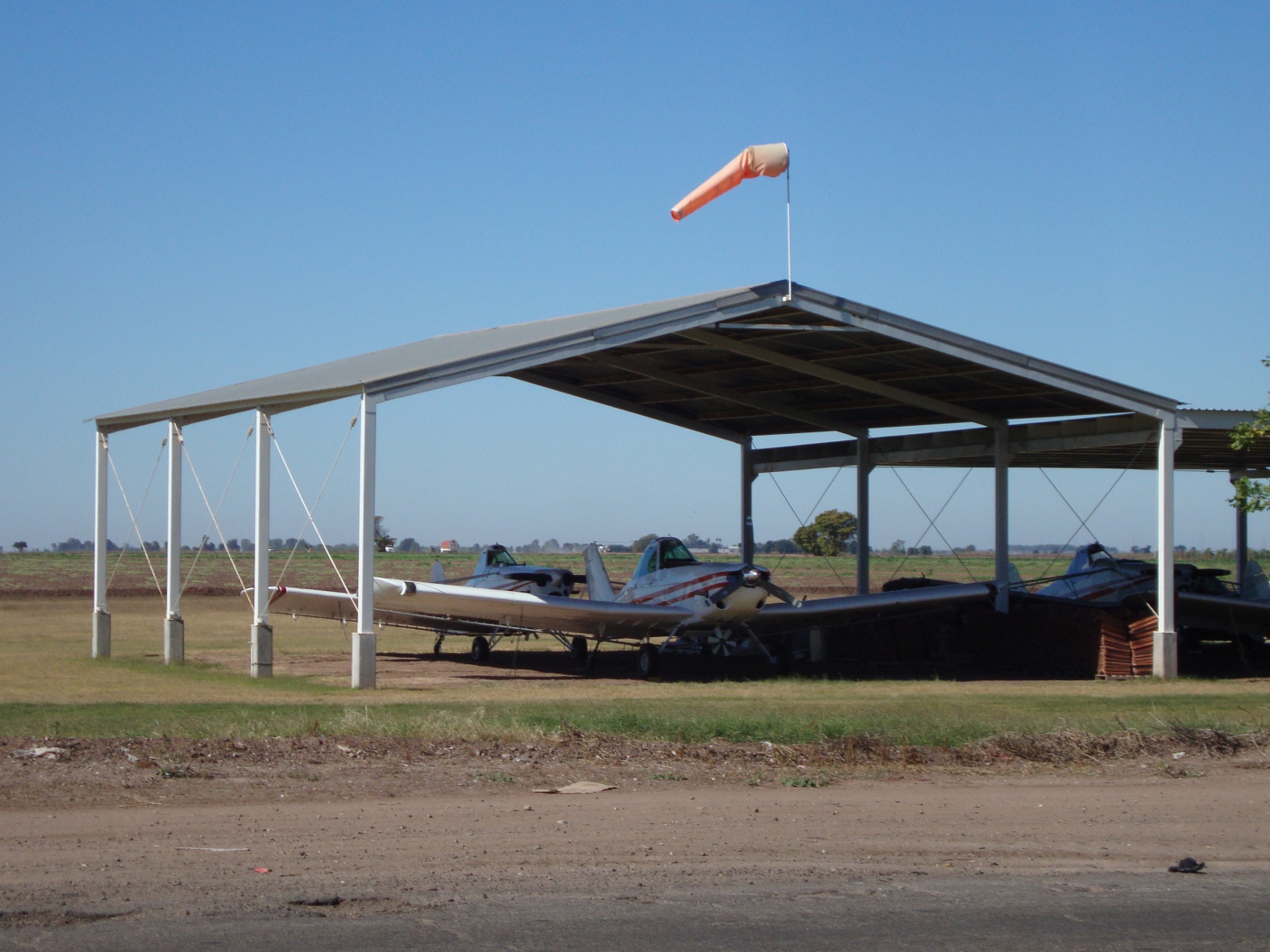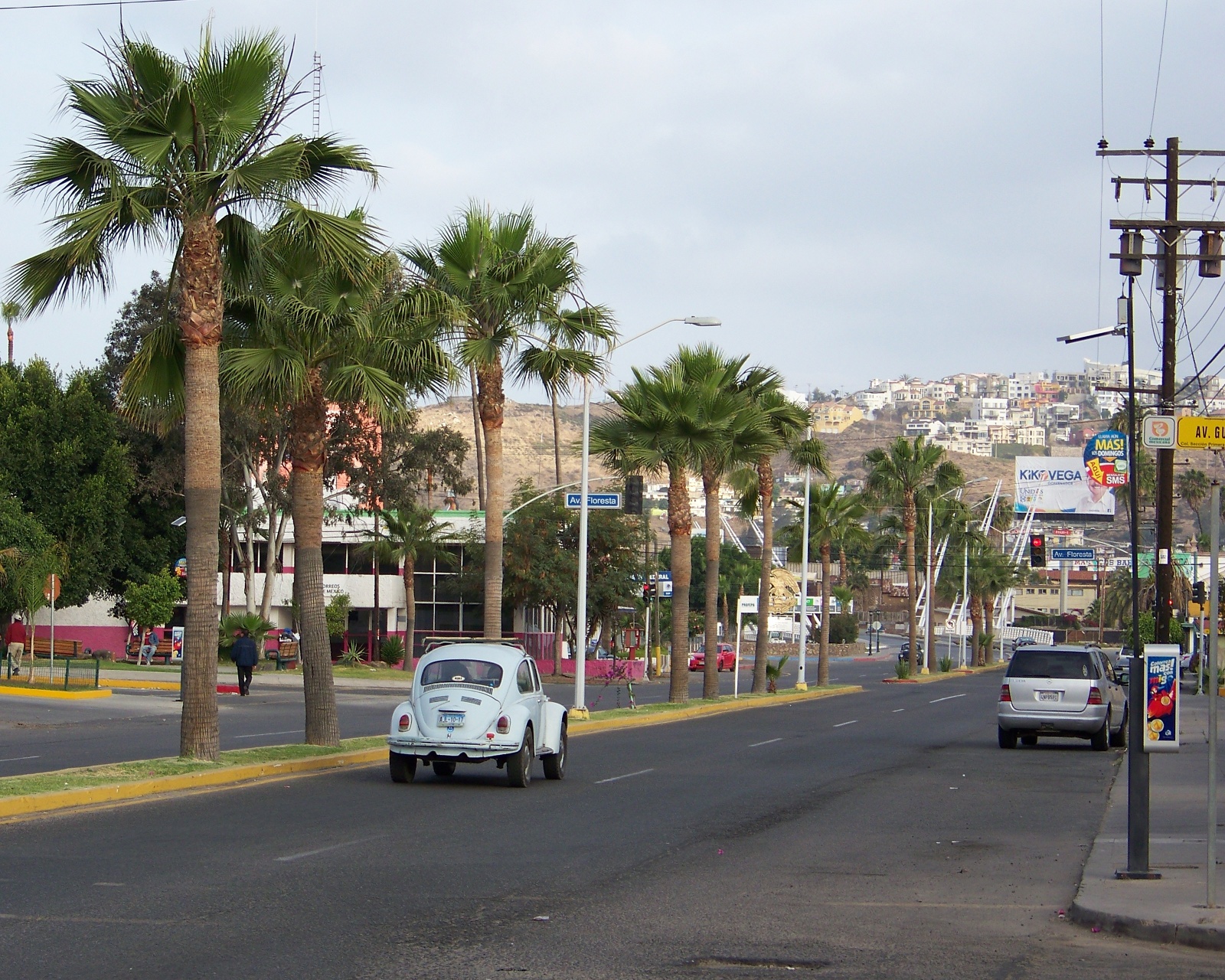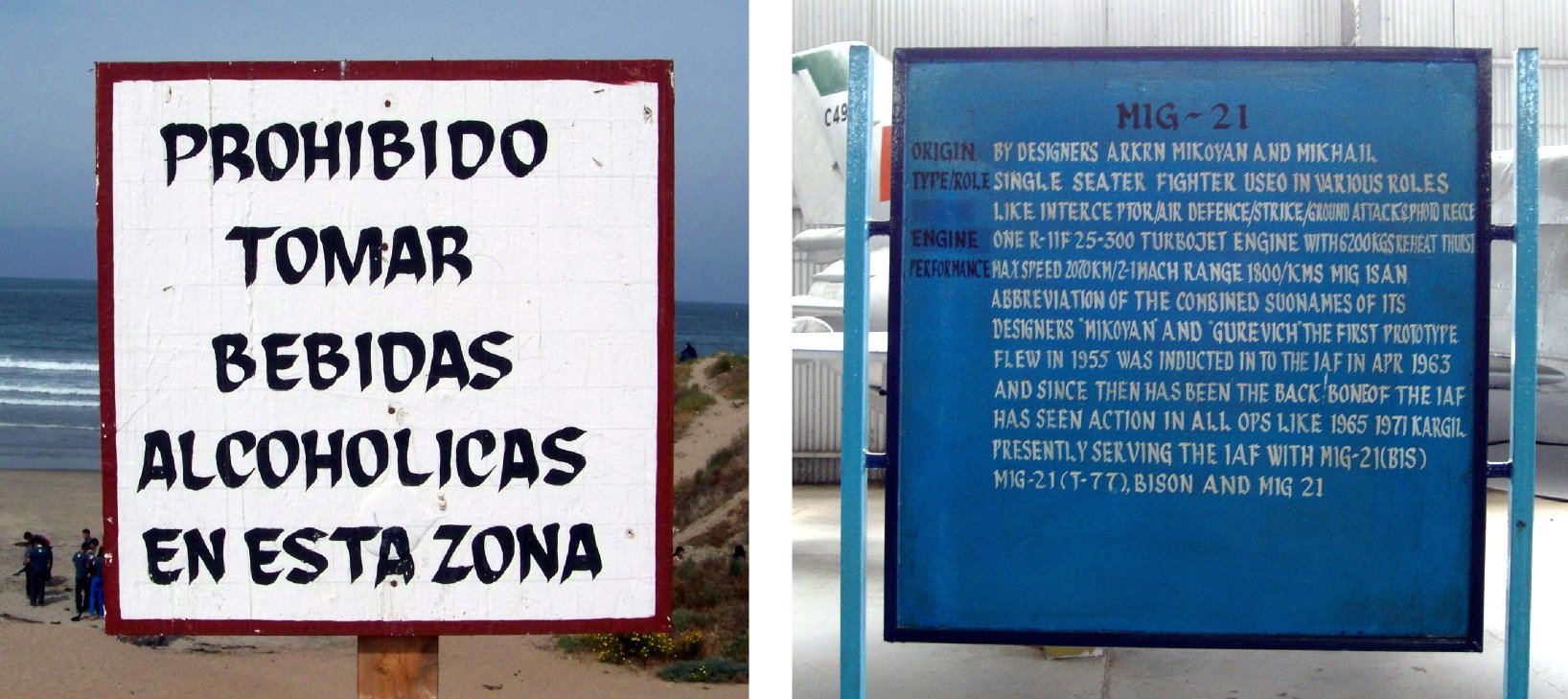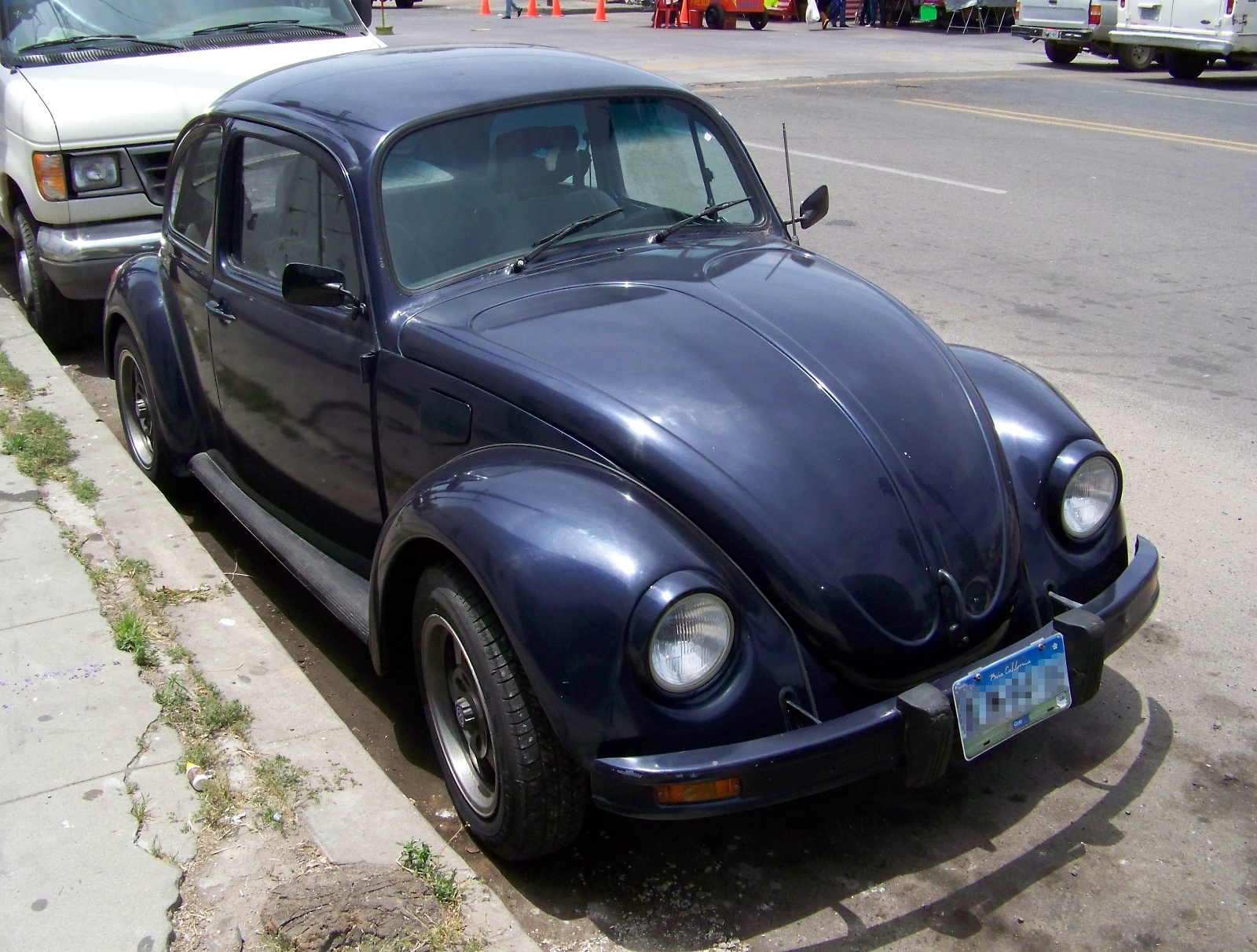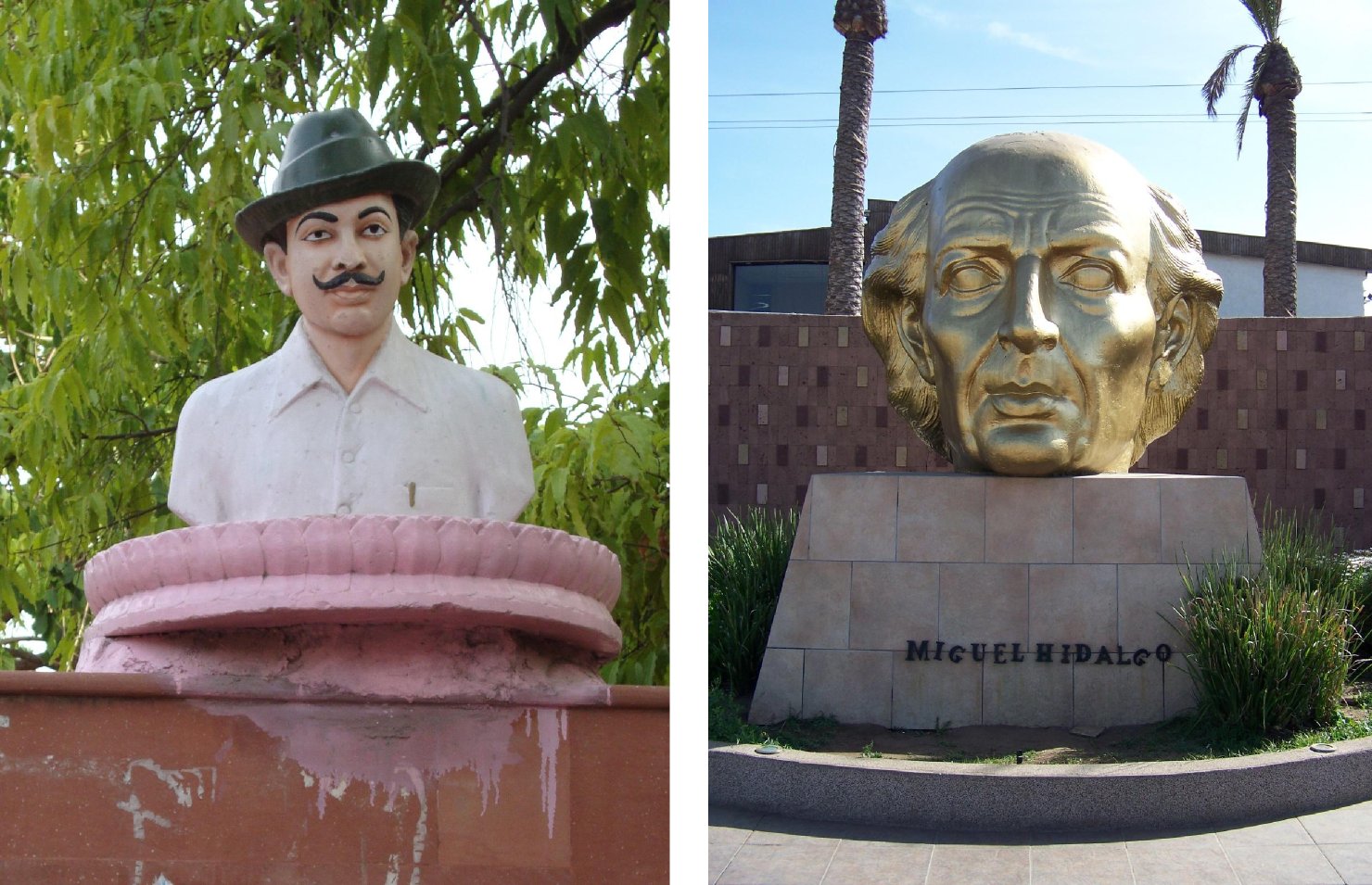I have written quite a lot on this blog about autorickshaws, the remarkable three-wheeled taxis derived from motor scooters that are used extensively in India. In this post, I explained the surprising origins of a common name for the vehicle, and in this one, I described them as a creole technology. This term, introduced by David Edgerton in his fascinating book The Shock of the Old, describes a technology that originated in one part of the world but took on new and different uses in another part. In the case of autorickshaws, scooter technology came from Europe, but this technology transformed into a ubiquitous urban and rural mode of transportation in India and elsewhere in South and Southeast Asia.
When I wrote those posts five years ago, I had no idea that there was an entire dimension to this creole technology that I had completely missed. It turns out that autorickshaws are not just used in southern Asia. They are also used extensively in Latin America.
On a recent visit to the state of Tabasco in southern Mexico, I got to go on a couple of rides in a pochimóvil, as autorickshaws are called there (apparently because the vehicle’s hard fiberglass shell is reminiscent of the Tabasco mud turtle or pochitoque).
The pochimóviles I saw were very similar in design to those I am familiar with from India, and in fact they were manufactured in India by the industrial conglomerate Bajaj. One of them even had a little sticker behind the handlebar that said (in English) “MADE IN INDIA.”
The only significant differences I could identify between Indian and Mexican rickshaws were accessories, like the fiberglass shell (most autorickshaws in India have fabric tops) and proper doors for the passengers. Since the driver sits in the middle of the front, an autorickshaw can just as easily drive on the right side of the road (in Mexico) as the left (in India).
Mexico and India are very different from each other, but as I observed in an earlier post, both countries share certain similarities in terms of economics and (at least in tropical Tabasco) climate, so technologies like autorickshaws/pochimóviles work well in both places.

